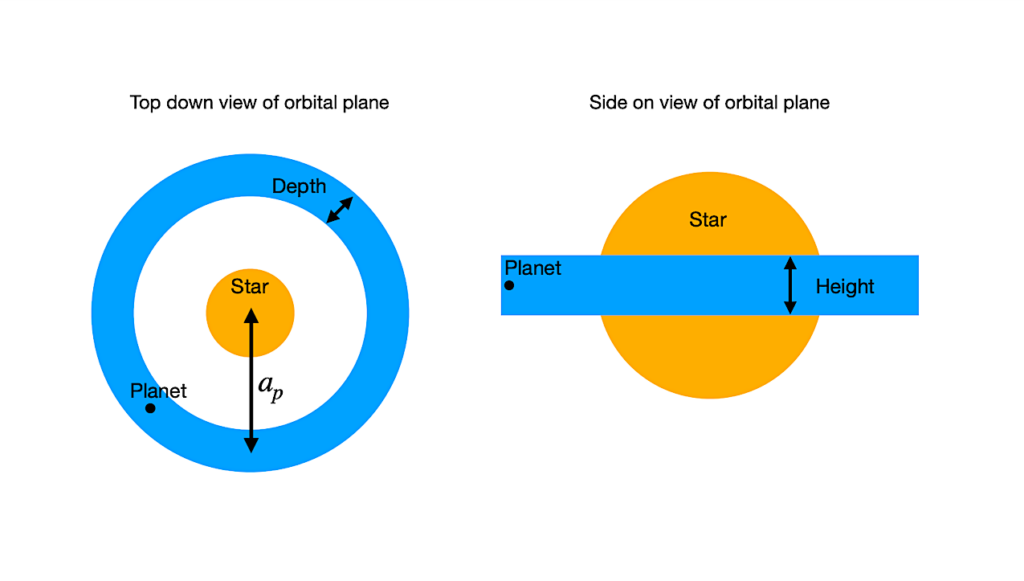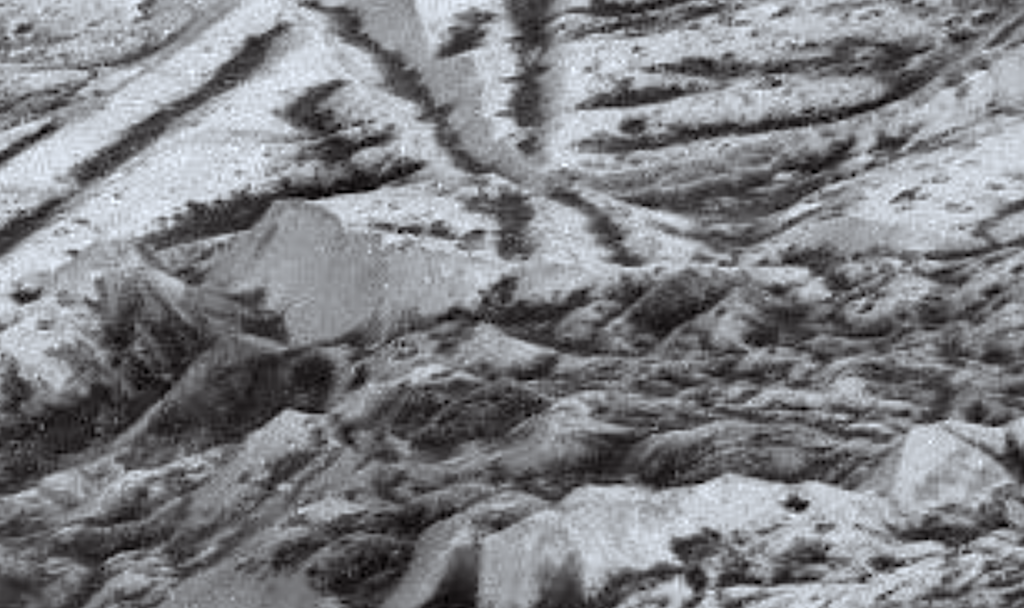The Demographics Of Terrestrial Planets In The Venus Zone

Understanding the physical characteristics of Venus, including its atmosphere, interior, and its evolutionary pathway with respect to Earth, remains a vital component for terrestrial planet evolution models and the emergence and/or decline of planetary habitability.
A statistical strategy for evaluating the evolutionary pathways of terrestrial planets lies in the atmospheric characterization of exoplanets, where the sample size provides sufficient means for determining required runaway greenhouse conditions. Observations of potential exoVenuses can help confirm hypotheses about Venus’ past, as well as the occurrence rate of Venus-like planets in other systems. Additionally, the data from future Venus missions, such as DAVINCI, EnVision, and VERITAS, will provide valuable information regarding Venus, and the study of exoVenuses will be complimentary to these missions.
To facilitate studies of exoVenus candidates, we provide a catalog of all confirmed terrestrial planets in the Venus Zone, including transiting and non-transiting cases, and quantify their potential for follow-up observations. We examine the demographics of the exoVenus population with relation to stellar and planetary properties, such as the planetary radius gap.
We highlight specific high-priority exoVenus targets for follow-up observations including: TOI-2285 b, LTT 1445 A c, TOI-1266 c, LHS 1140 c, and L98-59 d. We also discuss follow-up observations that may yield further insight into the Venus/Earth divergence in atmospheric properties.
Colby Ostberg, Stephen R. Kane, Zhexing Li, Edward W. Schwieterman, Michelle L. Hill, Kimberly Bott, Paul A. Dalba, Tara Fetherolf, James W. Head, Cayman T. Unterborn
Comments: 27 pages, 7 figures, accepted for publication in the Astronomical Journal
Subjects: Earth and Planetary Astrophysics (astro-ph.EP)
Cite as: arXiv:2302.03055 [astro-ph.EP] (or arXiv:2302.03055v1 [astro-ph.EP] for this version)
Submission history
From: Colby Ostberg
[v1] Mon, 6 Feb 2023 19:00:12 UTC (2,682 KB)
https://arxiv.org/abs/2302.03055
Astrobiology







